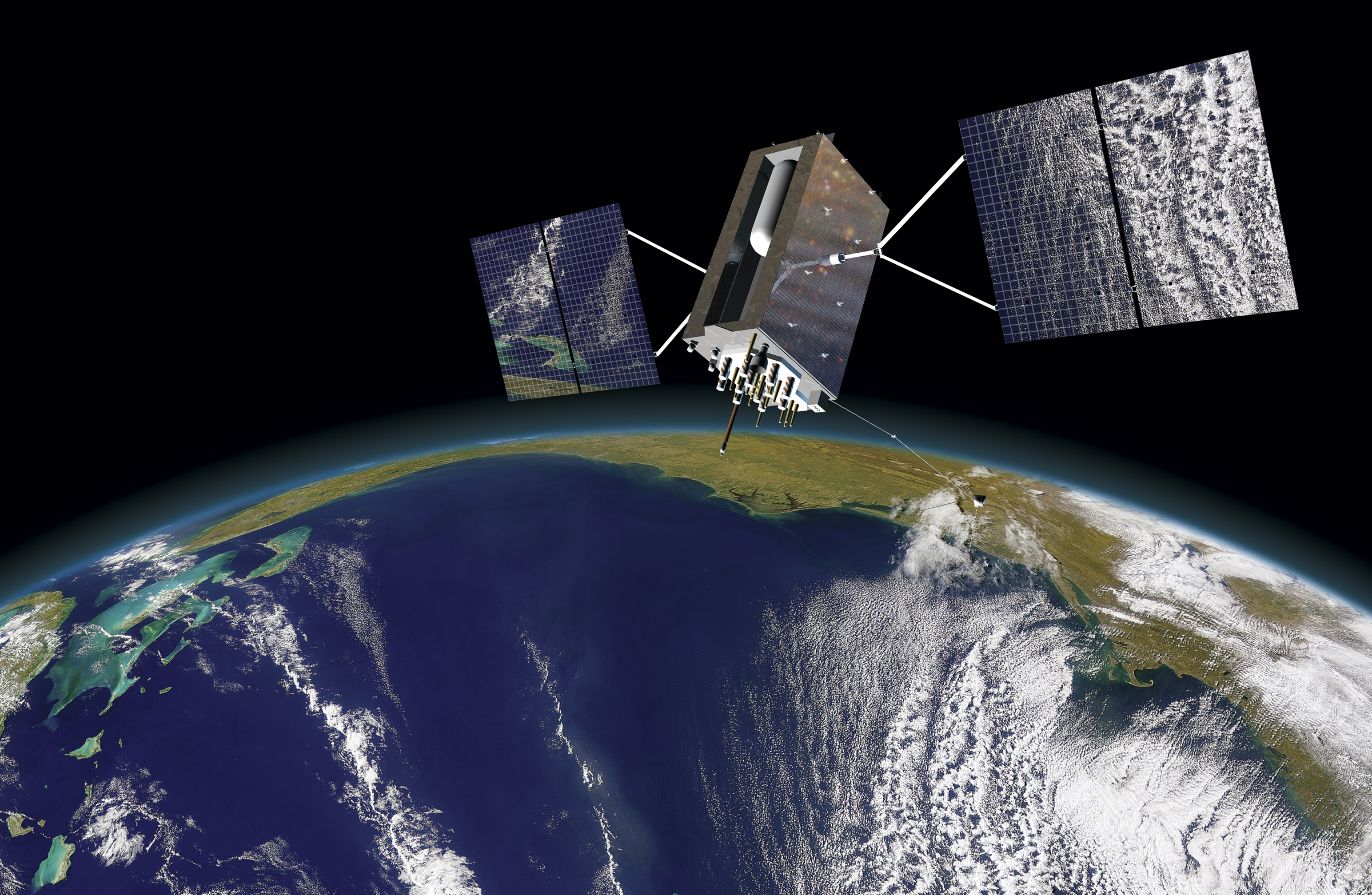Geoscience Australia, an agency of the Commonwealth of Australia, and Lockheed Martin have entered into a collaborative research project to show how augmenting signals from multiple Global Navigation Satellite System (GNSS) constellations can enhance positioning, navigation, and timing for a range of applications.
The project aims to demonstrate how a second-generation Satellite-Based Augmentation System (SBAS) testbed can – for the first time – use signals from both the U.S. Global Positioning System (GPS) and the European Galileo constellation, and dual frequencies, to achieve even greater GNSS integrity and accuracy.
Basic GNSS signals are accurate enough for many civil positioning, navigation and timing users. However, these signals require augmentation to meet higher safety-of-life navigation requirements. The companies say that the second-generation SBAS will mitigate that issue.
Once the SBAS testbed is operational, basic GNSS signals will be monitored by widely-distributed reference stations operated by Geoscience Australia. An SBAS testbed master station, installed by teammate GMV, of Spain, will collect that reference station data, compute corrections and integrity bounds for each GNSS satellite signal, and generate augmentation messages.
The companies note that, by augmenting signals from multiple GNSS constellations – both Galileo and GPS – second-generation SBAS is not dependent on just one GNSS. It will also use signals on two frequencies – the L1 and L5 GPS signals, and their companion E1 and E5a Galileo signals – to provide integrity data and enhanced accuracy for industries that need it the most.
Partners in this collaborative research project include the government of Australia. Lockheed Martin will provide systems integration expertise in addition to the Uralla radio frequency uplink. GMV-Spain will provide their 'magicGNSS' processors. Inmarsat will provide the navigation payload hosted on the 4F1 geostationary satellite. The Australia and New Zealand Cooperative Research Centre for Spatial Information will coordinate the demonstrator projects that test the SBAS infrastructure.

